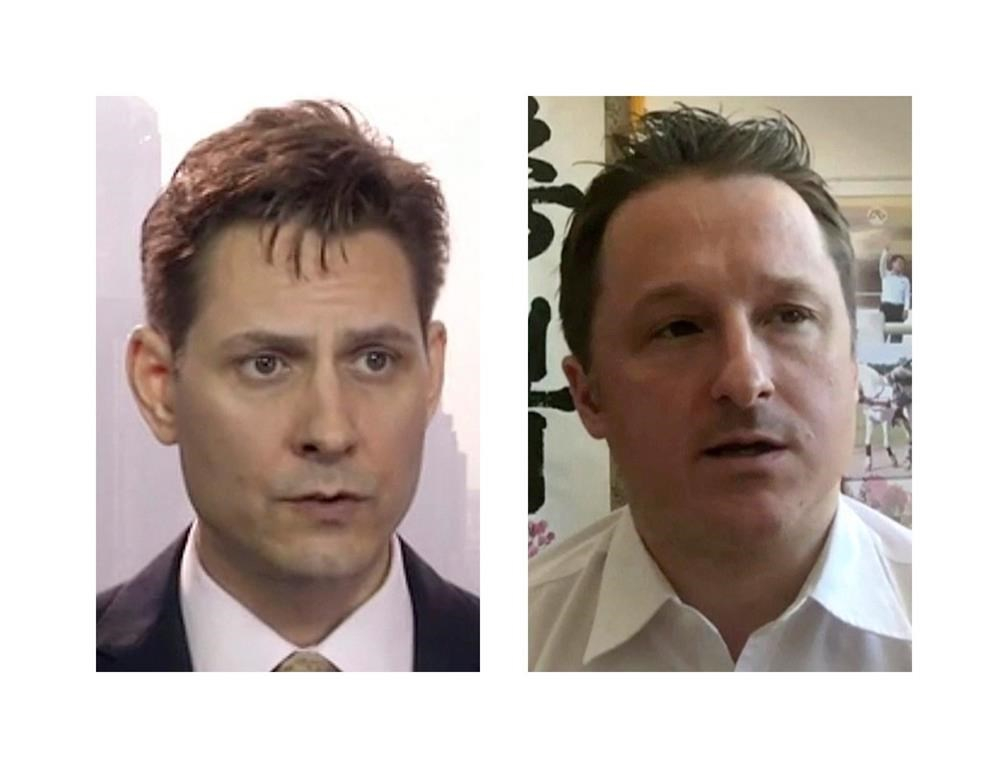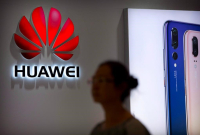Tourism Minister Melanie Joly won't go to China to mark the end of a special year of tourism exchanges, she announced Friday, as relations between the two countries continued to plummet.
The decision puts the brakes on a major Sino-Canadian initiative meant to deepen ties between the countries.
Joly spokesman Jeremy Ghio said the two countries "mutually agreed to postpone" a ceremony marking the end of the Canada-China Year of Tourism to "allow us to better achieve our shared objectives."
The cancellation follows Canada's arrest — at the U.S.'s behest — of a leading Chinese telecom executive and Beijing's apparent retaliation by detaining two Canadians.
Since coming to power in 2015, the Liberals' work to broaden Canada's economic relationship with China has featured regular ministerial visits and yearly meetings between Prime Minister Justin Trudeau and Chinese Premier Li Keqiang.
On a trip to Beijing a year ago, Trudeau announced that 2018 would be the year of Canada-China tourism — meant to tap the economic potential of upwardly mobile Chinese travellers.
Joly was in China in April when she was still heritage minister, bringing with her representatives from 60 different cultural organizations hoping to break into the Chinese market.
Last month, Finance Minister Bill Morneau and International Trade Minister Jim Carr were in Beijing for meetings with their counterparts. Environment Minister Catherine McKenna recently completed a trip to China to forge links on climate change and fostering clean energy.
Speaking from an international climate-change gathering in Poland, McKenna said she is still able to work with her Chinese counterpart, noting Canada has to work with China if it wants to ensure countries meet global greenhouse-gas reduction targets.
"I certainly acknowledge that there are challenges at home, but in this context, my focus is on working with all countries to come up with solutions," she said on a conference call with reporters.
Canada-China co-operation appears to be in tatters following the Dec. 1 arrest of Huawei chief financial officer Meng Wanzhou in Vancouver. Canada is now the subject of scorn in China, across social media and in the country's state-run media.
The Americans accuse Meng of committing bank fraud in connection with an alleged attempt to circumvent American sanctions against Iran. She was released this week on $10 million bail, but will face a Canadian court hearing to determine whether she will be extradited to the U.S.
Beijing warned Ottawa of severe consequences unless Meng is released. The Chinese Embassy in Ottawa loudly protested Meng's arrest as a violation of her human rights.
Then on Monday, China arrested two Canadian men — former diplomat Michael Kovrig and entrepreneur Michael Spavor.
Speaking in Washington, Foreign Affairs Minister Chrystia Freeland said Chinese officials have not drawn a connection between the arrests and Meng's case whenever they have spoken with Canadian officials.
"From Canada's perspective, these kinds of issues ought never to be confused with one another," she said.





Comments